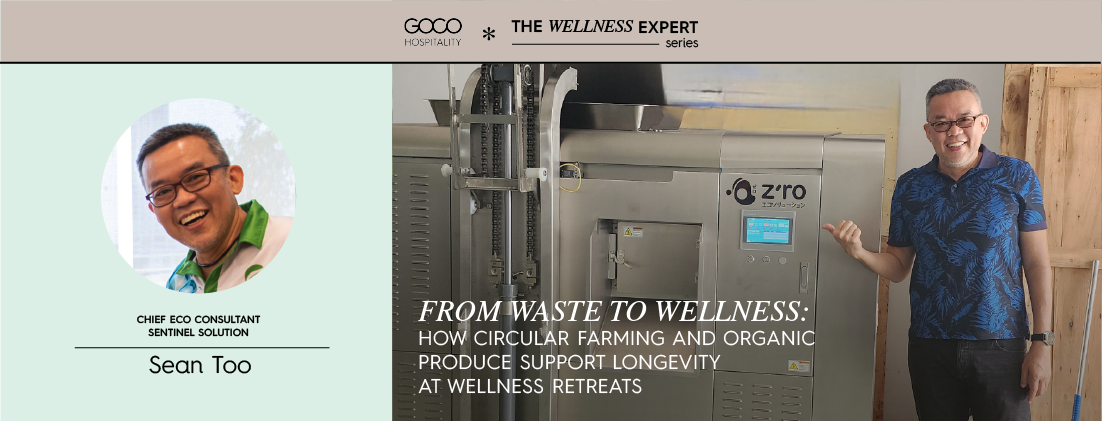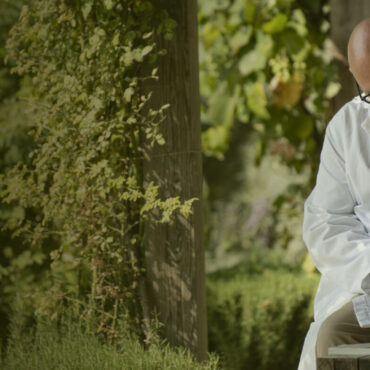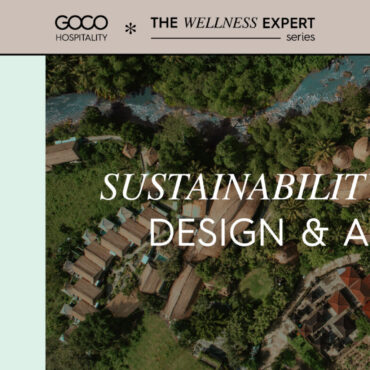
Wellness Expert Series | From Waste to Wellness
By Sean Too
In this month’s edition of our Wellness Expert Series, we speak with Sean Too, Chief Eco Consultant at Sentinel Solution, a leading environmental engineering firm in Thailand specializing in ESG-compliant, green, and sustainable solutions for businesses. With a portfolio of over 1,000 clients across hotels, resorts, F&B outlets, hospitals, shopping malls, condominiums, and office buildings throughout Thailand, Sentinel Solution is at the forefront of driving environmental impact through innovation.
In his feature, “From Waste to Wellness,” Sean explores the concept of regenerative wellness, delving into how circular farming practices and organic agriculture can support long-term health and longevity, particularly within wellness retreats and hospitality environments committed to sustainability.
“In the heart of every wellness retreat lies a simple truth: nourishment is not only about what we consume but also how it is cultivated, served and ultimately returned to the Earth. As the global hospitality industry grapples with growing environmental concerns, a new vision is taking root, one that connects the dots between food waste, sustainable farming and guest longevity.
At the core of this movement is the promise of a circular, zero-waste food system, where organic waste is no longer discarded but transformed into something life-giving.
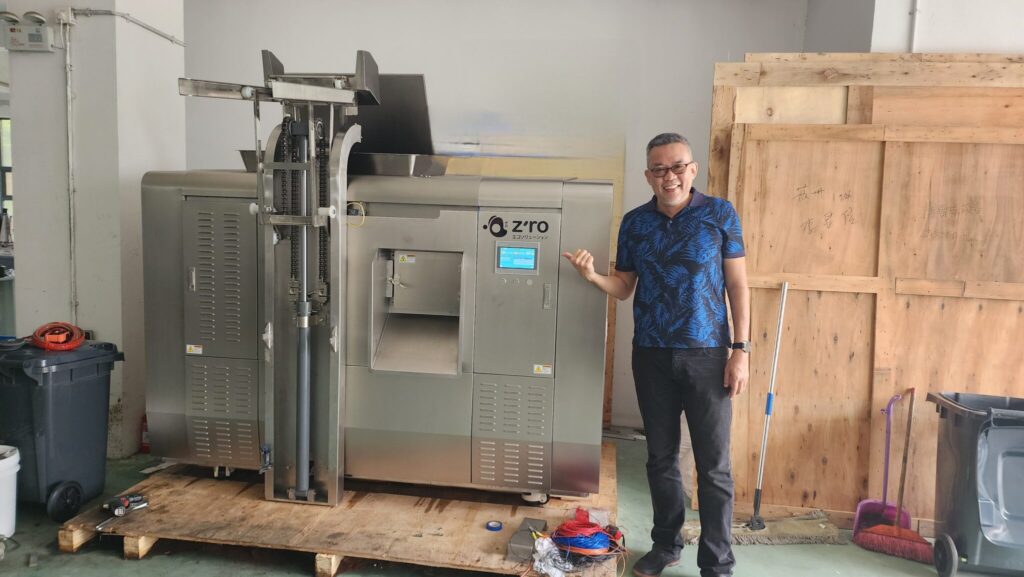 Sean Too, Chief Eco Consultant, Sentinel Solution
Sean Too, Chief Eco Consultant, Sentinel Solution
The Hidden Cost of Overproduction
Behind the beautifully plated dishes served in resorts and hotels lies a staggering reality: the hospitality sector often produces far more food than is consumed. Whether driven by the fear of under-delivering or by outdated planning systems, kitchens routinely discard leftovers that could have been redirected to nourish communities or enrich the soil.
This surplus, when sent to landfills, becomes more than just a missed opportunity. It generates methane, a greenhouse gas over four times more harmful than carbon dioxide, through the anaerobic breakdown of organic matter. It is estimated that just one ton of wet food waste can release over 0.62 tons of methane into the atmosphere.
In a world already facing rising temperatures and ecological strain, it’s clear that food waste is not merely a kitchen issue; it’s a climate one.
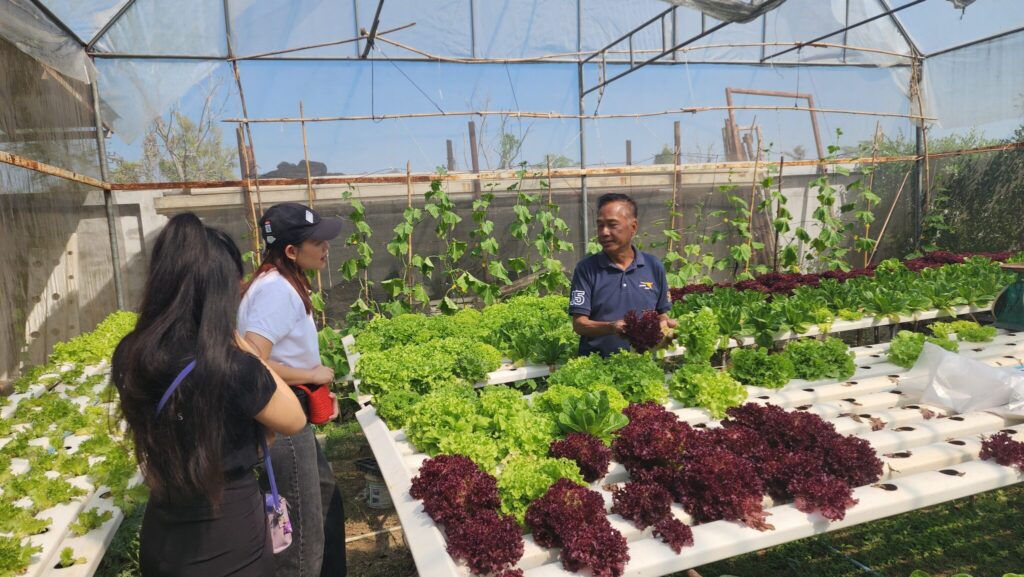
Rethinking Waste – The First Step Toward Regeneration
To address this, businesses must first understand the anatomy of their waste. By implementing a basic segregation system, separating plate waste, preparation scraps, rejected perishables and buffet leftovers, operators can identify the root causes of excess. Was the portioning too generous? Were ingredients substandard? Was the dish simply not appealing?
This data-driven approach does more than reduce waste, it unveils hidden inefficiencies in the supply chain, menu planning and service experience. And with awareness comes transformation.
The Power of Compost
Once identified, food waste doesn’t have to end up in a bin. With the right composting technology, it can be converted into rich, organic fertiliser within 24 hours. Unlike traditional synthetic fertilisers that degrade soil health over time, compost created from nutrient-dense kitchen waste is teeming with beneficial microbes, trace minerals and natural compounds that nourish the land and support resilient farming.
Such biological composting not only replenishes the soil, but it also completes the circle of nourishment. The same vegetables harvested from compost-enriched soil return to the retreat kitchen, now imbued with higher nutrient density, better flavour and longer shelf life. Guests unknowingly participate in a regenerative cycle that supports planetary health and may also contribute to their own vitality.
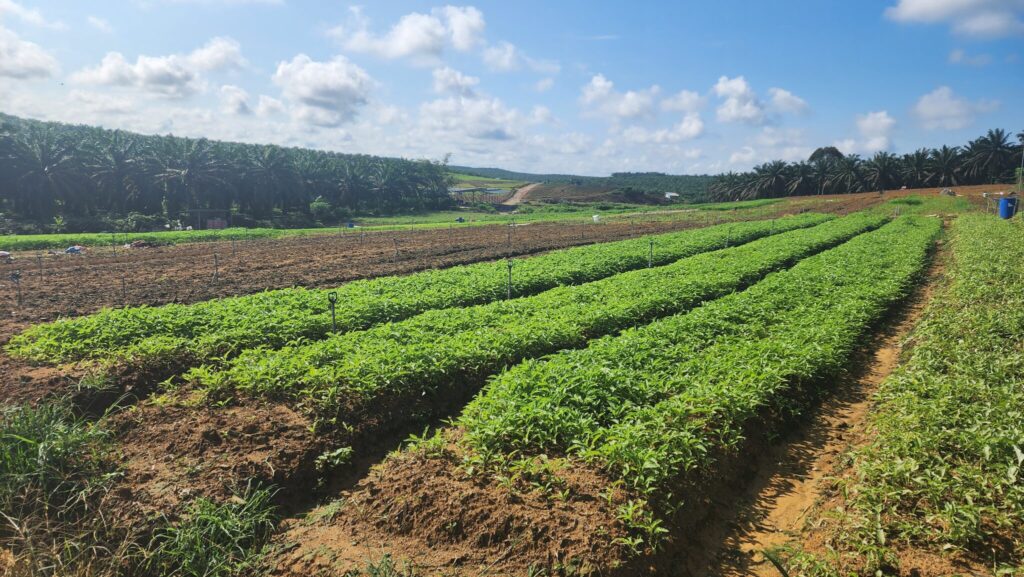
Wellness Retreats as Models for the Future
For wellness retreats, this shift holds profound potential. By adopting circular farming practices and sourcing produce from organic, compost-fed farms, retreats can enhance the nutritional profile of every dish they serve. Scientific studies continue to affirm the link between a diet rich in whole, organic foods and improved longevity, lowering the risk of chronic diseases, improving cognitive function and supporting a balanced gut microbiome.
But the benefits extend beyond the body. Guests who see their retreat investing in sustainable practices feel more connected, more inspired. They understand that wellness is not a fleeting indulgence, but a lifestyle grounded in integrity, one that values the Earth as much as it values the individual.
A Community-Driven Approach
The path to zero waste doesn’t end at the compost machine. It requires collaboration with local NGOs, farmers and underprivileged communities. Excess yet untouched food can be redirected to feed those in need. Compost can be shared with small-scale farmers, helping them reduce their dependency on chemical fertilisers and improve crop yield naturally.
This is where business meets purpose. When implemented with sincerity and accountability, not just as a CSR checkbox, zero-waste circular economy programs elevate the entire value chain. Farmers thrive. Guests benefit. The planet heals.”
For more information about Sentinel Solution, please visit Eatdgrease.com and Realfoods.co.th
